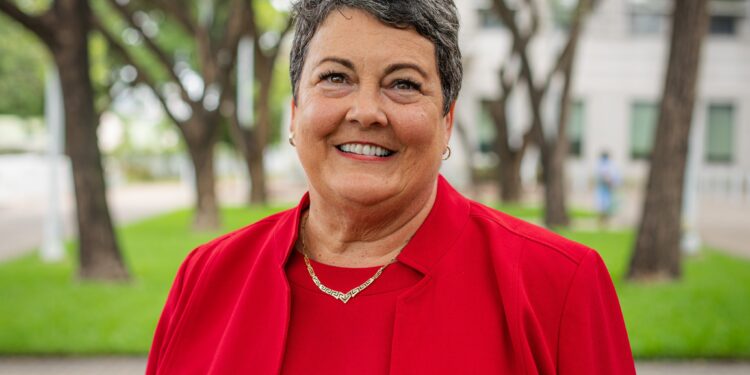The former US Ambassador to Ghana, Her Excellency Virginia Palmer has stated that the relationship between the United States of America and Ghana is gradually evolving from aid-based programme to commercial relations.
Speaking on Channel One TV, Virginia Palmer intimated that the evolution of US-Ghana relations is a shift from aid to trade, aligning with President Mahama’s view that Ghana seeks equal commercial partnerships, not dependency on aid.
According to her, Troy Fitrell, the senior official for Africa in Washington, also emphasized that commercial relationships should be between equals.
While she agrees development aid still has a place, she supports the realignment of USAID under the US State Department, calling it a strategic move.
“I agree with you that there is still a place for development assistance and partnership. But, I want to also be very clear that we haven’t stopped that And USAID has been the functions of USAID will now be run by the State Department by the Ministry of Foreign Affairs And that’s something to be honest that I’ve advocated for decades I think that US assistance is funded with US taxpayer money.”
She added saying “It’s a foreign policy tool and it ought to be run by the foreign policy ministry I don’t think that that will cause any difference in focus or effect.”
Speaking on the imposition of tariffs by the US government on products, she intimated that Ghana was not badly affected as compared to other countries. She expressed hope that US – Ghana trade relations will improve in the near future.
She said Ghana’s major export to the U.S., oil and gas, is not subject to tariffs. Cocoa faces a 10% tariff, whereas Ghana’s main competitor, Côte d’Ivoire, faces a higher 21% tariff.
“The same is true in apparel, which I know President Mahama cares a lot about because it employs a lot of youth and women. If Ghana faces a 10% tariff but Bangladesh and Vietnam face 47% and 63% because there were 60 countries that got a tariff that was much higher than 10%. That may redound in the near term to Ghana’s advantage as the apparel market kind of sorts itself out.”
Meanwhile she indicated that if the African Growth and Opportunity Act (AGOA) is not renewed, Ghana would revert to most favored nation status, losing these tariff advantages.
The renewal of AGOA, which expires at the end of September, depends on the U.S. legislature, and Ghana needs to actively advocate for its continuation.
Read more news on atlfmnews.com
Source: Afote Asomdwoe Laryea/ATLFMNEWS


























